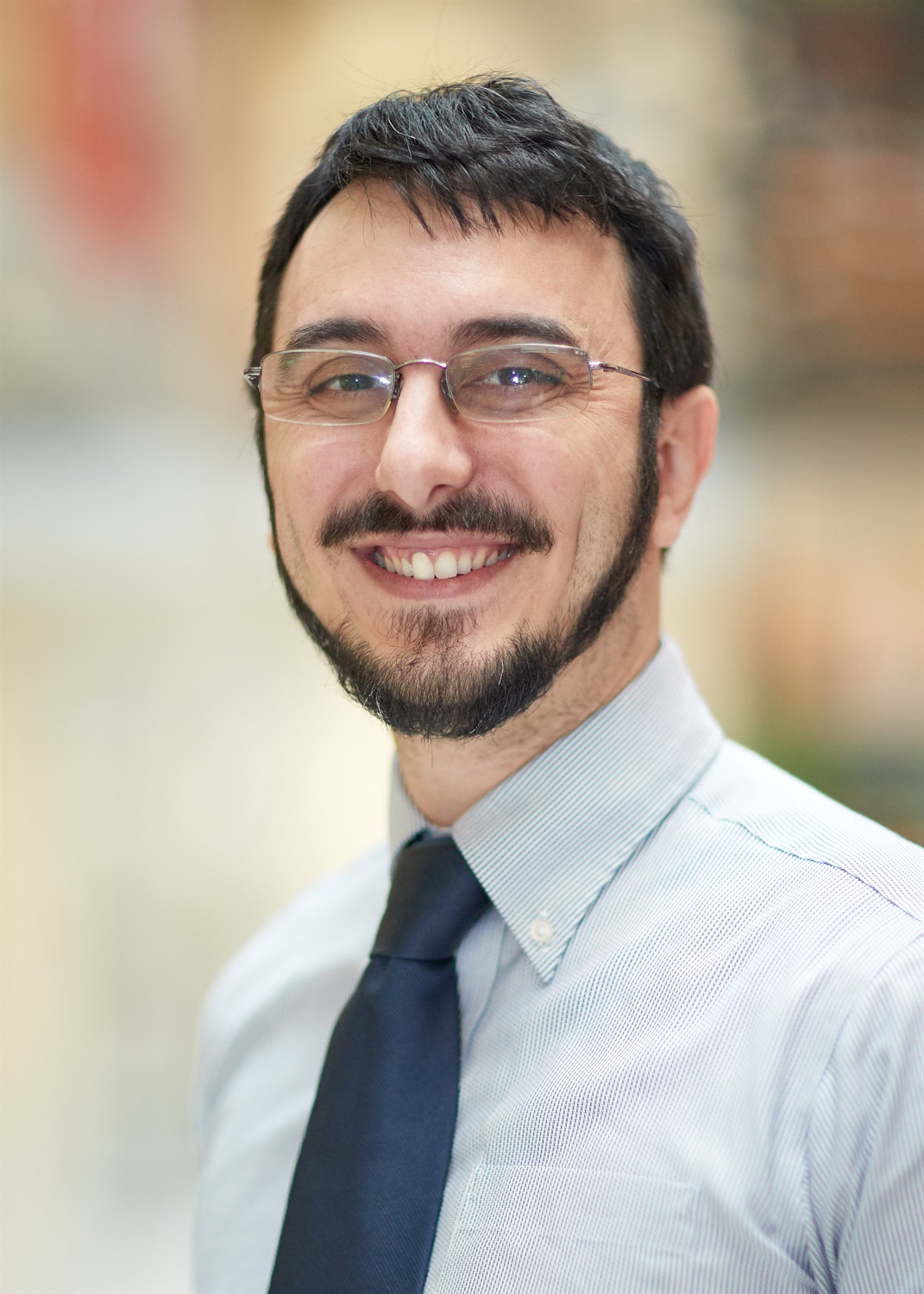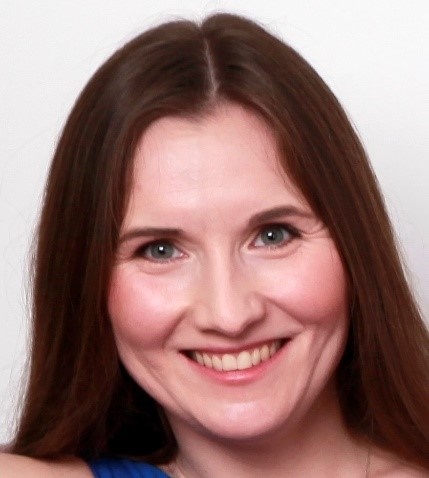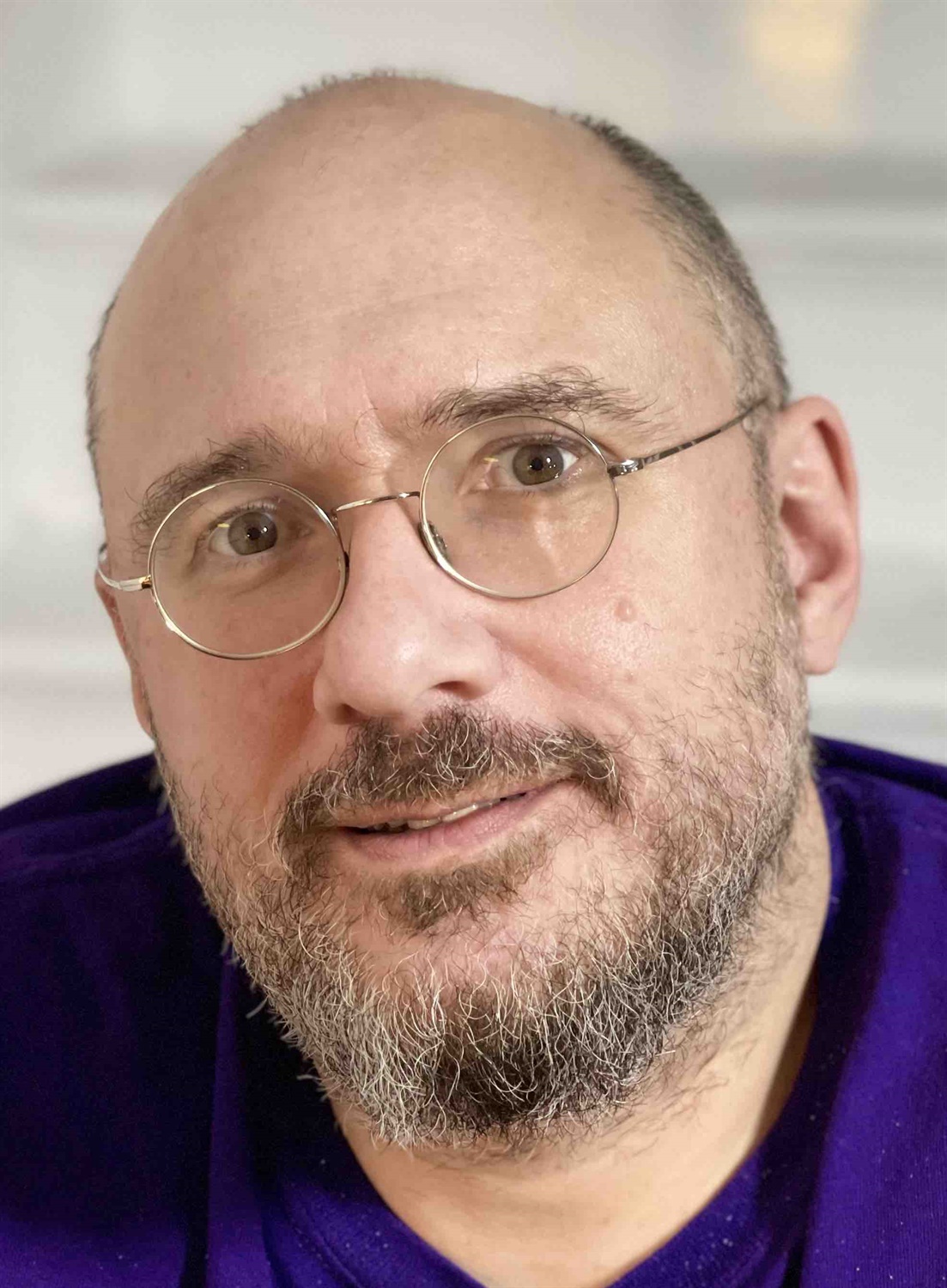Bookings paused - Please contact events@nuclearinst.com for availability.
The 8th Modelling in Nuclear Science and Engineering Conference will bring together the modelling community to share best practice in techniques to help improve design and operation of nuclear energy generation, processing and storage facilities including power plants to protect society by improving safety of these facilities.
The goal of scientific modelling as an activity is to make features and performance of the design easier to understand, quantify, visualise, or simulate by adopting rigorous scientific methods. This Conference will provide a platform to highlight exciting new modelling methods and applications. Previous attendees at this conference included a broad range of industry members, leading academics and those at an early career stage.
The Conference includes invited speakers, special technology leaders and presentations from the nuclear industry, national institutions and academia. It is aimed at those working on modelling and simulation, multiphysics, data science and related topics relevant to the nuclear industry, both in industry and academia.
Programme
New for 2025:
1. Early career researchers and PhD students are also encouraged to submit to present to connect with the wider modelling community. Therefore this year we will be including a dedicated session for early careers scientists and engineers to present their work to the community.
2. We will also be having an evening reception rather than a formal dinner following day one of the conference, which is included in our ticket price.
Previous attendee feedback
"The event was a platform to connect industry and academic modellers in nuclear. Speakers and attendees came from a diverse range of backgrounds, including artificial intelligence, safety, reactor design, fuel performance modelling, multiphysics and multiscale modelling".
"I was absolutely amazed by the variety of work & advancements that have made in the nuclear industry. All speakers were absolutely fantastic. I learnt a lot from what they shared."
The Conference will cover the recent developments and advances in:
- Impact of Modelling in Nuclear Engineering and Science;
- Innovation and Adoption of AI in Modelling, Design and Operation of Nuclear Facilities;
- Multi-physics, Multi-scale Modelling;
- Uncertainty Quantification, Data Assimilation and Digital Twin Production;
- Modelling Codes and Methods in Reactor Safety Performance and Accident Conditions;
- Regulation;
- Integrated Energy Systems;
- Decommissioning, Chemical, Storage, Waste and Fuel Cycle Facilities;
- Use in Space Exploration, Medical Applications and Imaging;
- Reactor Thermal Hydraulics, Fuel Performance, Neutronics, Criticality and Shielding;
- Optimisation for Design Process and Management;
- Experimental Techniques and Data in Supporting Modelling Activities, Verification and Validation.
Michele Devita, Office for Nuclear Regulation

Keynote Title: A regulator perspective on opportunities and challenges offered by use of artificial intelligence in the nuclear industry
Michele Devita (BSc, MSc, CEng, CSci FIMMM) is a Nuclear Safety Inspector specialising in Fuel and Core Analysis at the UK Office for Nuclear Regulation (ONR). He is a Fellow of the Institute of Materials, Minerals and Mining and holds a BSc in Energy Engineering and an MSc in Nuclear Engineering from the Polytechnic of Milan. Michele has over 15 years of experience in the nuclear energy and oil & gas industries, and prior to joining ONR in 2017, he worked for seven years on the UK Advanced Boiling Water Reactor project with Hitachi-GE Nuclear Energy and Horizon Nuclear Power. At ONR, Michele has worked across multiple divisions, including Operating and New Reactors, and served as the Fuel and Core Inspector for Hinkley Point C for three years. He is currently leading the GE-Hitachi BWRX-300 Fuel and Core design assessment, and has previously supported ONR's early engagement with other Advanced Nuclear Technologies vendors, contributed to international initiatives with the IAEA on innovative reactor systems and is currently working with ONR’s Innovation team, led by Dr. Paolo Picca.
Professor Catrin Davies, Imperial College London

Keynote title: Multidisciplinary modelling for through-life integrity of nuclear components
Catrin Mair Davies is a Professor in Structural Integrity within the Mechanics of Materials Division at the Department of Mechanical Engineering, Imperial College London. She was awarded an EPSRC Career Acceleration Fellowship (2010-2015) in partnership with EDF Energy and E.ON. She leads the High Temperature Centre at Imperial and in total has over 90 publications relating to experimental testing and finite element modelling of creep deformation, damage, creep crack initiation and growth, low-cycle fatigue, weld simulations, prediction and measurement of residual stresses and failure analyses. Her research has been incorporated into industrial codes and testing standards. She takes a leading role in the development of design criteria for nuclear applications; fission and fusion.
Professor Andreas Kyprianou, University of Warwick

Keynote Title: Bring back the mathematician?
Andreas Kyprianou is a mathematician specialising in stochastic modelling and has held academic positions at the LSE, the University of Edinburgh, Utrecht University, Heriot-Watt University, the University of Bath and currently the University of Warwick where he is director of the Centre for Applications of Mathematical and Computer Sciences. Additionally, he has spent time as a visiting professor at ETH Zürich, Université Libre de Bruxelles and CIMAT, Mexico. He has been interested in the mathematics of radiation transport for the last 10 years and is currently holder of a £7.3M EPSRC programme grant “Mathematical Theory of Radiation Transport”.
| Member Type |
Cost (excl VAT) |
| Early Bird |
£225 SOLD OUT |
| NI Member |
£275 |
| YGN Member |
£225 |
| Non-Member (Join and save) |
£375 |
| Student Member* |
£100 |
| Student Non-Member* (Join and save) |
£120 |
* To be considered for a student place please email your course details to events@nuclearinst.com
Align your organisation with this conference, which has built a reputation within the nuclear modelling community as a key event to share knowledge, connect and meet new collaborators.
With a substantial attendance from academia, including PhD students, this provides opportunities for recruitment of highly-skilled young people who are looking to join the nuclear industry.
Sponsorship Brochure
If you'd like further information on sponsorship, please contact events@nuclearinst.com
Submission is now open using our portal here. The abstract panel will make the final decision on the mode of delivery for the abstract.
Contact events@nuclearinst.com for any queries on your submission.
|
Abstract submissions close
|
25 September
|
|
Confirmation of acceptance
|
29 September
|
|
Full presentation submission
|
27 October
|
- Chair: Prof Ali Tehrani FNucI, Office for Nuclear Regulation
- Prof Christopher Pain, Imperial College London
- Prof Paul Smith, Amentum UK
- Dr Andrew Buchan, Queen Mary University of London
- Prof Panagiota Angeli, University College London
- Dr Amir Nourian, University of Salford
- Dr Tatiana Ivanova - Head of Division of Nuclear Science, OECD Nuclear Energy Agency
- Dr Mark Bankhead, National Nuclear Laboratory
- Dr John Jones, Fairlie Associates